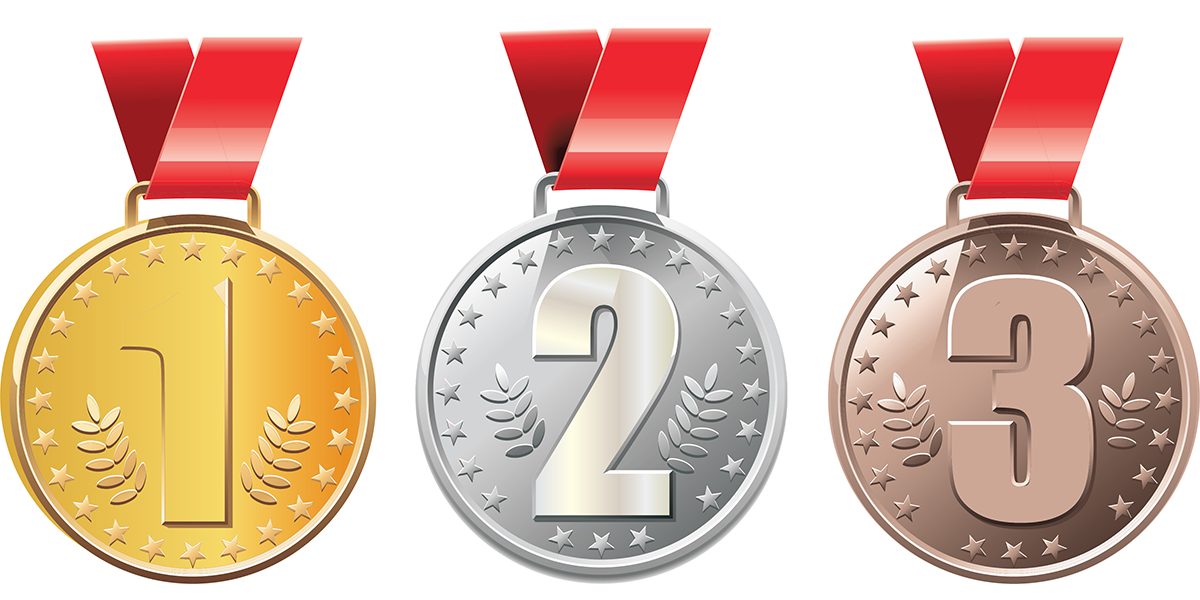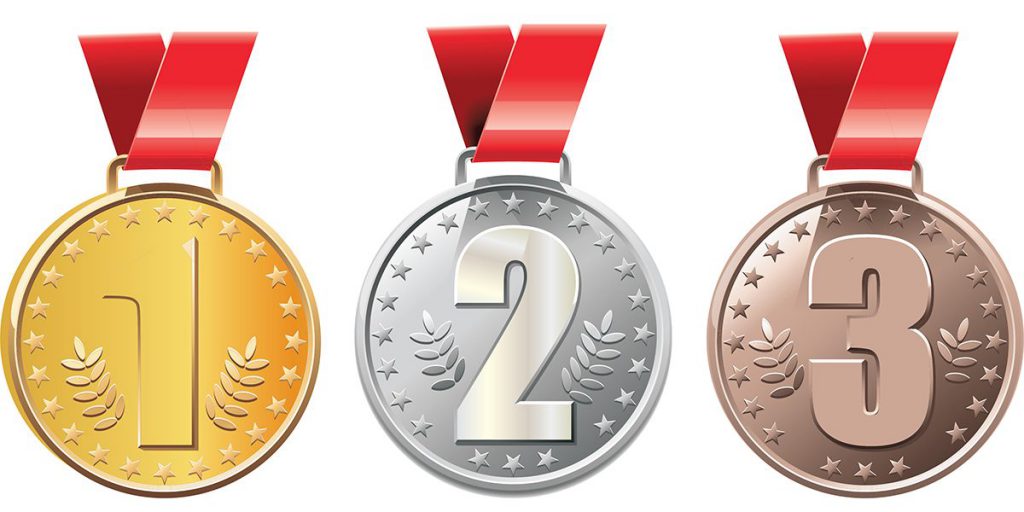

Various projects are handled by international financial institutions (IFI) on a yearly basis. It is your task to give one gold, one silver, and one bronze medal to each chosen project. For each medal you give out, you must state the following: Name and detailed description of the project. Name of the IFI that handled the project. Type of medal (gold, silver, or bronze). Positive impacts and how they could have been even more impactful. Negative impacts and how they could have been avoided.
For this week’s written assignment, we were asked to choose international financial institutions (IFI) and award three medals (gold, silver, and bronze) to three projects that belong to them. It was very difficult to make a choice, as soon as there are dozens of such organizations; however, in the end, I decided to write about three financial institutions from very different parts of our world: Asian Development Bank (ADB), African Development Bank (AfDB), and European Investment Bank (EIB). All these financial institutions have several very important projects, so it was extremely difficult to opt for a medal. This was the main reason, why I chose a similar topic for all the projects from this written assignment.
The gold medal goes to the African Development Bank (AfDB) and their project called “Tanzania COVID-19 crisis response budget support program (TCRBSP)”. This is a multi-sector project located in Tanzania. First of all, this financial institute provided the best report with a lot of information, including the results of several steps of the program just in one document. I believe that such transparency is one of the indicators of a really good project. According to African Development Bank (n.d.), this project is aiming to support efforts to respond to coronavirus and reduce its impact on local businesses and family units (especially the poor). According to the latest report, this project started as a “non-potentially problematic”, and then achieved highly satisfactory results. 17 out of 21 targets were over-achieved, and only 3 targets were not achieved. The government applied procedures to make vaccines available even for the most vulnerable people, and a lot of money was invested in the country’s ability to test and isolate those who tested positive. Moreover, there were also applied for some tax reliefs on import and medical equipment, and all the Health workers were trained (AfDB, 2022). However, there was some negative impact, as well. In the modern world, of course, such projects require a lot of investment. The government had to sign the loan agreement, and even though this project was well-financed, the local government attempts to support SME financing failed. Moreover, when the project failed to build new medical facilities, the government decided that the already existing hospitals can deal with the amount of COVID-19-positive. However, this easily makes usual hospitals overwhelmed with them and leaves less space for people with other diseases. The best way to avoid such a negative impact is to better plan how the investment is going to be spent. It is impossible to count everything in advance, but we can at least try our best to do so.
The silver medal goes to the European Investment Bank (EIB) and their project called “Romania public sector COVID-19 response II”. This is a health project which is aimed to finance investment to strengthen the healthcare sector and make Romania better prepared for the current pandemic and similar threats (EIB, 2021). I gave this program only a second place simply because it has much fewer goals and worse transparency, than the first winner.
According to European Investment Bank (2021), this project’s goal is to finance 16 Romanian countries using 28 financing schemes. These schemes include building new blocks, investment in health infrastructure, renovations, and extensions. Approximately 7% of the investment is going to be used for financing measures of energy efficiency. Of course, this financial institution is expecting a significant positive impact – however, it would be impossible without any negative one. First, the proposed EIB finance was EUR 142 million, while the total cost – was EUR 190 million. That’s a lot of money, which can be very difficult to collect. Also, according to the project description, the new healthcare buildings are obliged to meet energy efficiency standards. This can make it more time-consuming and difficult to finish the construction work and start using the new facilities. To avoid the negative impacts of such projects, in the future we should more transparently show the financial reports to see, whether we can cut some expenses, and sort goals in the right order. If there are really so many new COVID-19 cases, it might be a horrible idea to postpone opening new healthcare facilities just because you are trying to build them according to some new standards.
Finally, the bronze medal goes to the Asian Development Bank (ADB), and their project called “Vanuatu: COVID-19 Response for Affected Poor and Vulnerable Groups”. This project consists of only two components – responses to gender-based violence, and income-generating support and food security (ADB, n.d.). It should strengthen social and economic resilience and reduce the impact of COVID-19 on poor groups, especially women and girls. The income generation includes packaging, business training for leading microbusinesses, and food processing.
As the negative impact, this project emphasizes gender inequality. Even though all local people from Vanuatu suffered because of COVID-19 and lost their finances as soon as tourism doesn’t go well anymore, only women and girls are considered as those who really need help. Even if you open the project’s report, you will see that every step and goal is commented not on the number of people in total, but by the number of households led by women only. Therefore, initially, this project claimed that it works on gender equality, too, but as a result, it covers women’s problems only. To avoid such an impact in the future, we can think about vulnerable people in general, regardless of their gender.
References
ADB. (n.d.). COVID-19 Response for Affected Poor and Vulnerable Groups Project: Report and Recommendation of the President. Retrieved from https://www.adb.org/projects/documents/van-54196-002-rrp
AfDB. (20 April, 2022). Tanzania – Tanzania Covid-19 Crisis Response Budget Support Program (TCRBSP) – Ipr December 2021. Retrieved from https://www.afdb.org/en/documents/tanzania-tanzania-covid-19-crisis-response-budget-support-program-tcrbsp-ipr-december-2021
African Development Bank (AfDB). (n.d.). Tanzania – Covid-19 Crisis Response Budget Support Program (TCRBSP). Retrieved from http://d-portal.org/q.html?aid=46002-P-TZ-K00-016
European Investment Bank (EIB). (28 December, 2021). ROMANIA PUBLIC SECTOR COVID-19 RESPONSE II. Retrieved from https://www.eib.org/en/projects/pipelines/all/20210611
